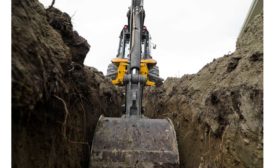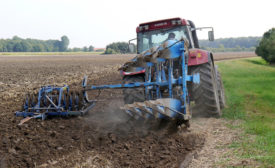News
U.S. Navy sailors get help with hearing loss prevention through innovative program
Developer wins this year's Safe-in-Sound Excellence in Hearing Loss Prevention Award
February 26, 2019
Nosy neighbors help Washington crack a case of asbestos violators
Companies tried to avoid responsibility by creating "a legal web of confusion"
February 26, 2019
Never miss the latest news and trends driving the safety industry
eNewsletter | Website | eMagazine
JOIN TODAYCopyright ©2024. All Rights Reserved BNP Media.
Design, CMS, Hosting & Web Development :: ePublishing









